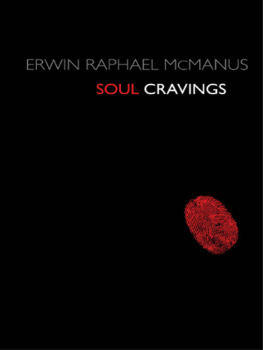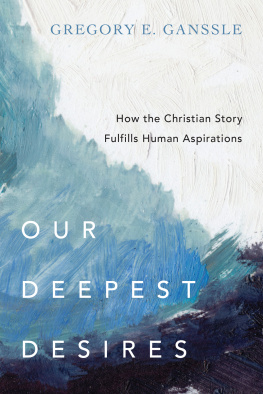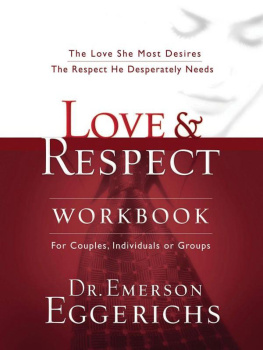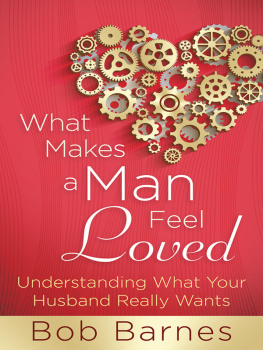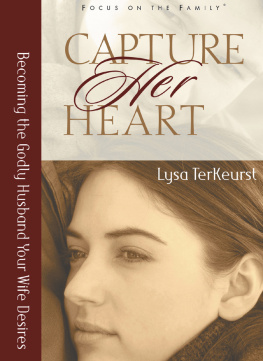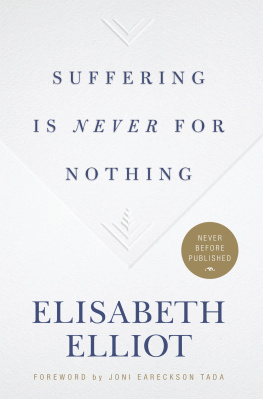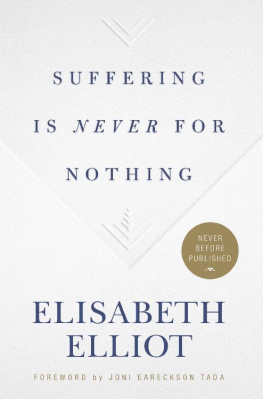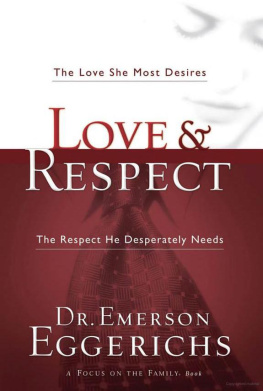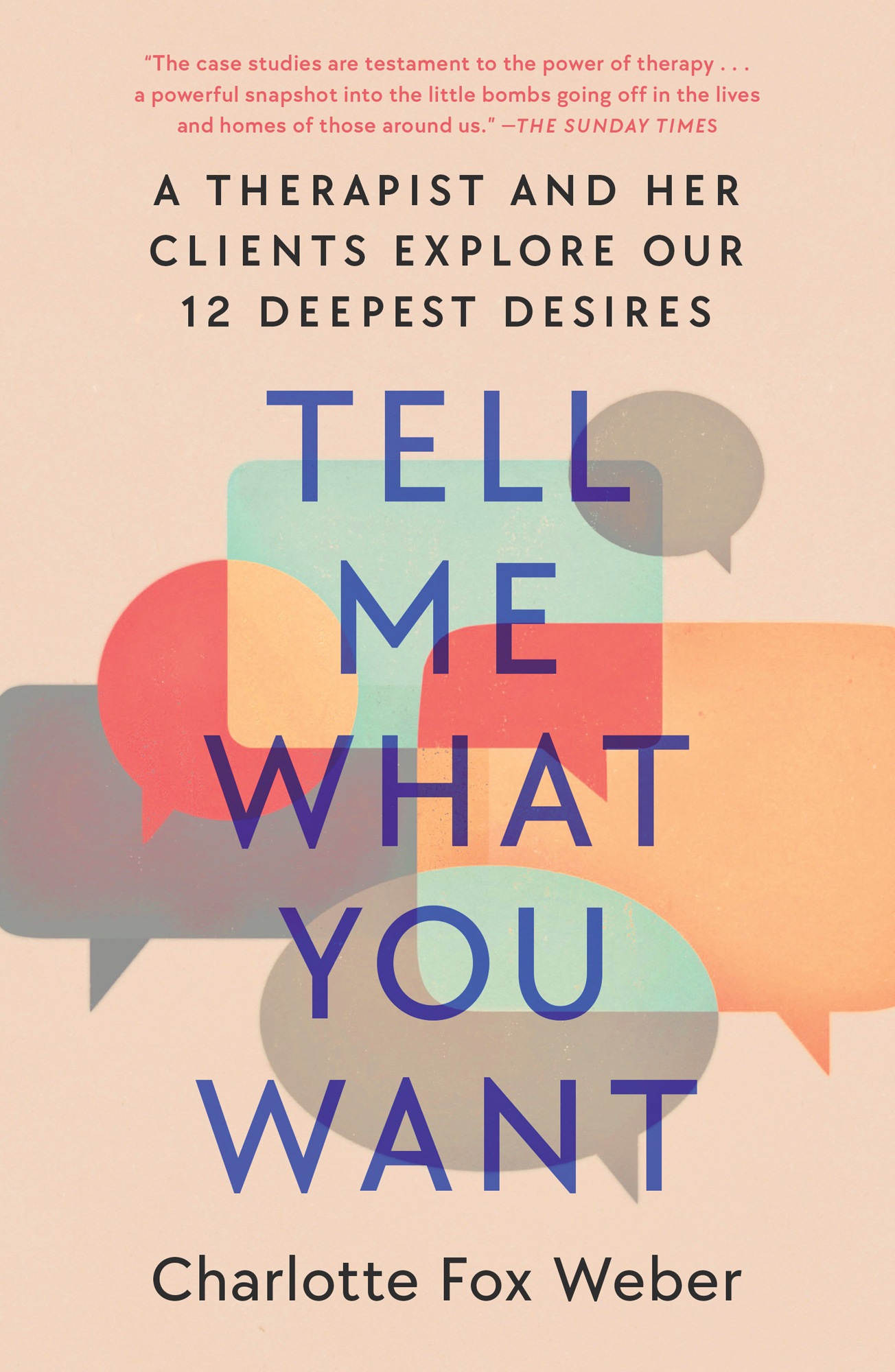Contents
Guide
The case studies are testament to the power of therapy a powerful snapshot into the little bombs going off in the lives and homes of those around us. THE SUNDAY TIMES
A Therapist and Her Clients Explore Our 12 Deepest Desires
Tell Me What You Want
Charlotte Fox Weber
To my family
It is a joy to be hidden but disaster not to be found.
D. W. WINNICOTT
AUTHORS NOTE
The stories in this book are based on my work with real people. I have changed all identifying details in order to maintain confidentiality. I have learned and continue to learn from my clients. The people I have worked with have allowed me to discover so much about life and human experience.
My language is idiosyncratic at times, and hopefully sensitive. I do my best to use terms that arent overly academic, and Ive come up with some of my own. These expressions will appear in bold throughout the book, and the glossary in the back will explain their meaning in more detail.
INTRODUCTION
I spent years in therapy waiting for therapists to ask me about my big wants. No one ever did. I distracted myself with small desires and big obstacles, pursuing some of what mattered to me while holding myself back in countless ways. I repeatedly got in my own way. I attached myself to burdens more than possibilities.
Ask me what I really want! What makes me come alive?
I sought permission. And shame and pride patrolled me. As expansive as I longed to be, a narrowness kept me from fully participating in my life.
Finally, tired of waiting and feeling stuck, I began to ask these questions when I became a psychotherapist. Working with thousands of people from all walks of life, I was struck by the electricity of exploring deep wants. However dark, whatever the circumstances, distilling what we want propels us forward and gives us a sense of possibility. Understanding our desires gives us back to ourselves and is a springboard for growth.
We all have wants, and were all conflicted. We show some of our wants, but others we hide, even from our own awareness. Our deep desires frighten us and excite us. Were afraid of failing and were anxious about succeeding. Recognizing and understanding what we want helps us face ourselves without flinching and galvanizes us to live lives that are more fulfilling and joyful.
We are socialized to perform and conceal desires. We pretend to want the appropriate things, in the right way. We banish desires that were not supposed to have. We put our secret wants into a kind of psychological storage facilityour unlived lives .
We keep secrets not just from others but from ourselves. Its a breakthrough when we can uncover and talk about banished longings. Confronting our secret desires is an important part of psychotherapy. We deal with painful regrets and unresolved fantasies. We face whatever is lingering from our past and messing with us now. Sometimes the secrets we reveal are issues we already know were hiding: affairs, addictions, obsessions. But sometimes our secrets are untold stories we havent even told ourselves.
Our secret desires mess with all the shouldswhat we should want or should be doing to get it. We get stuck because were afraid of failing and were conflicted about our wants. People-pleasing and perfectionism can pull us away from daring to have fresh experiences; we spin our wheels in avoidance. We anesthetize ourselves with drugs or alcohol. We put on a show, concealing parts of ourselves. We want what we feel we shouldnt want, and dont want things we think we should. Were often conflicted about our actual feelings and overdetermined to have life proceed according to a script. Tell Me What You Want encourages you to know and accept your desires. It provides an alternative to the sense of shame that patrols and silences our secret longings. The best way out of feeling stuck is to understand our desires, recognize what they mean, and clarify priorities.
In our fantasies we imagine how our lives could be. One day we will do what we really want to do. If only something had gone differently for us or we had made another choice, life would be what we want. But One day and If only jerk us around, tantalizing us with glimpses of the past and of an imagined future while obstructing our ability to make the most of all the possibilities in our present lives. The stories in this book are about people from different ages and stages of life, struggling with their underlying longings. By facing their desires and their own truths, they have begun the work towards resolution.
Tell Me What You Want will help you get in touch with your own depths, accept what you are hiding from others and from yourself, and, through awareness, get closer to finding your true desired path forward as you live your one precious life.
- . For the sake of simplicity, I use the words desires, wants, longings, and yearnings interchangeably.
Chapter One TO LOVE AND BE LOVED
We want to love and be loved. It can be simple and easy. It can be maddening and endlessly complicated. We search for love, grapple with fantasies, find it impossible, demand it, fear it, destroy it, push it away, yearn for it. We break hearts, including our own. Life can be heartbreaking. But love makes life beautiful.
We all have love stories. They are the stories you believe about love. You might not have voiced them directly, but theyre internal scripts about love, often unfinished, that shape the love you want, the love you imagine, the love you give. Youve learned about love from your experiences, from culture, from people who loved you, disappointed you, rejected you, educated you, cherished you. Youre still learning. As long as youre alive, you can continue to learn. You learn about love from strangers, setbacks, books, movies, other peoples stories, nature. Sometimes hell is loving other people, and sometimes love feels like salvation. You can love and hate the same person, and yourself.
It helps if we continually update our love stories. Theres happenstance, character, mystery. The world changes and so do we, and an expansive mindset about love provides flexibility for the particulars. One of the biggest obstacles to finding real love can be hanging on to a rigid story about how its supposed to be.
The stories we tell ourselves about love touch us to the core. They shape our beliefs about human beings, about other people, about ourselves, about life itself. Our stories are usually both painful and pleasurable. What we believe about love can be life enhancing and it can be life diminishing. Therapy helps people voice stories, revise them, and understand the meaningful ones. Think of your experiences of love. Do you remember feeling unloved too? How did you come to know love and to feel it?
There are countless ways to love and be loved. Love can be promising and disappointing; we may trust it or doubt it. We can behave very badly towards people we love, and people who love us can hurt us. Love can feel safe and it can feel terrifying. We might shut the whole thing down or keep love at arms length. We can sabotage love in a thousand ways. Denial is one way. Displacement is another.
Were often afraid to really love ourselves. We think it will make us egomaniacs, or well discover were wrong to approve of ourselves and well feel foolish. We think we need proof of our lovableness from others before we can let ourselves love fully. One of the best things I can do as a psychotherapist is hold space for the ways we dont love ourselves. Its a problem to think we must be lovable all the time. We can also realize that we love people who have failed us, betrayed us, hurt us.


